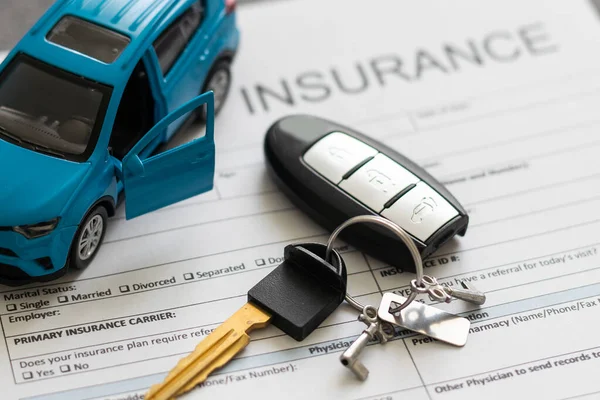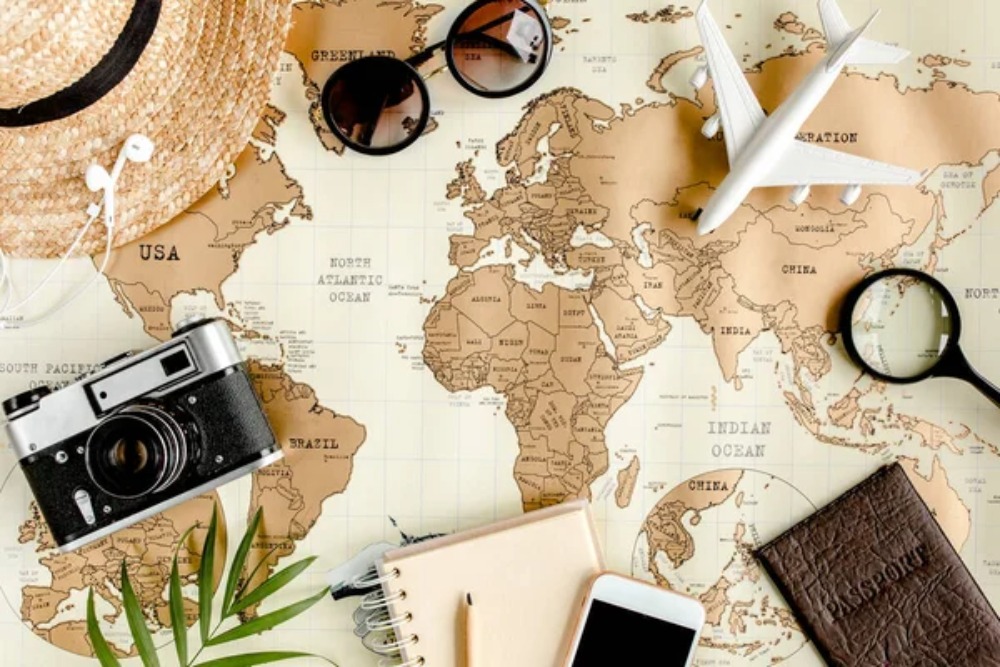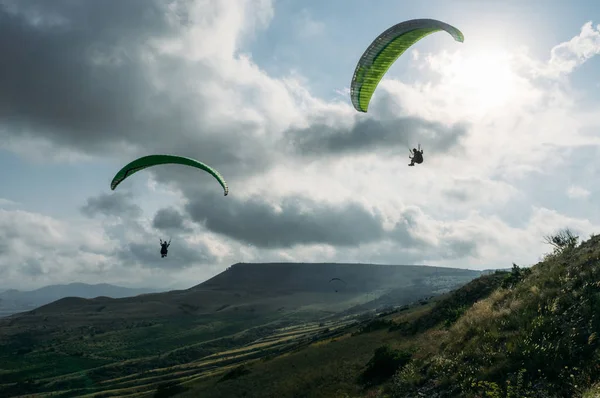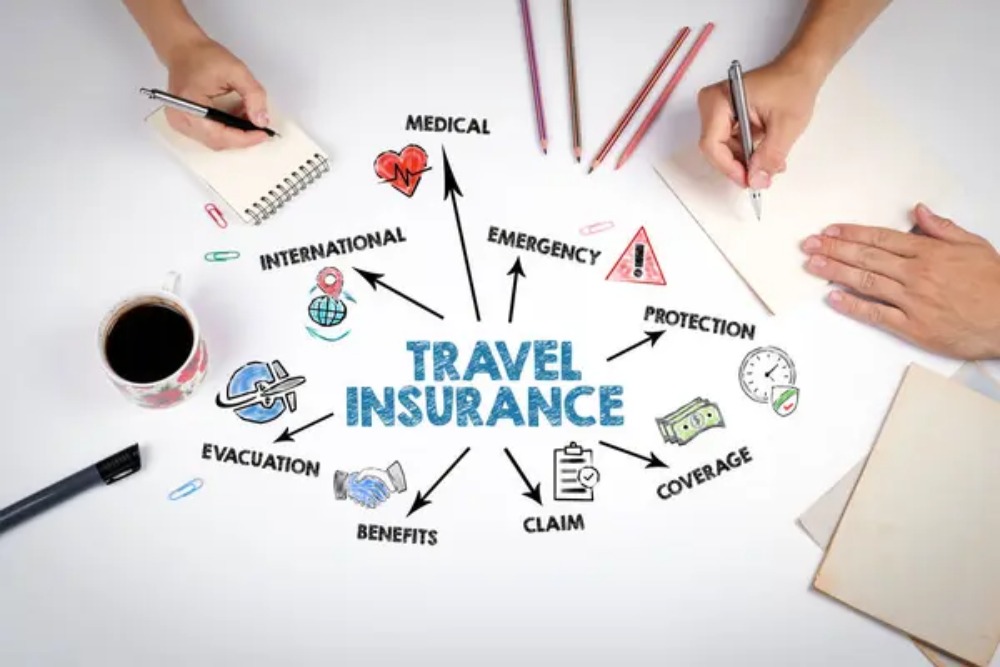Backpacking isn’t just about cheap hostels and spontaneous adventures—it’s also about being smart with your safety. Travel insurance might not be the most exciting thing to think about, but it’s one of the most important parts of any trip. From flight delays to hospital visits, the right policy can save you thousands of dollars and a whole lot of stress. Unfortunately, many first-time travelers either skip it entirely or buy the wrong kind.
To help you make better choices on the road, here’s a list of 15 insurance tips every backpacker should keep in mind before and during their journey.
Know What You’re Actually Covered For

Don’t just skim through your insurance policy—dig into the details. Some plans only cover major emergencies, while others might include smaller annoyances like lost baggage or canceled tours. If you’re hiking in remote areas or joining adventure excursions, double-check whether those are included.
Medical evacuation, for example, is something most budget plans skip. Knowing the limits upfront means you won’t get blindsided when you need help most.
Don’t Rely on Credit Card Coverage Alone

Some credit cards offer basic travel protection, but it usually comes with strings attached. Coverage might only apply if you used that specific card to pay for flights or accommodations.
Plus, credit card insurance rarely includes comprehensive medical care or evacuation services. It’s better to treat it as a bonus, not a backup plan. Standalone insurance offers far more flexibility and reliability for long-term or high-risk travel.
Like Travel Pug’s content? Follow us on MSN.
Check for Pre-Existing Condition Exclusions

If you’ve got asthma, diabetes, or even recurring migraines, don’t assume they’re automatically covered. Most travel insurers have strict rules about pre-existing conditions and may deny claims related to them. Some companies offer waivers if you declare your condition in advance and pay a little more.
Skipping this step could result in you paying for hospital visits out of pocket. Always be honest on the forms—it could save you a fortune later.
Choose a Plan That Includes Emergency Evacuation

If you’re trekking through mountain ranges or exploring islands far from medical centers, emergency evacuation is a must. Without it, a helicopter ride to the nearest hospital could cost tens of thousands. Even in popular destinations, reaching proper medical care quickly isn’t always guaranteed.
Make sure your policy includes both ground and air evacuation, especially in areas with limited infrastructure. It’s the kind of coverage you hope you never need—but definitely want in your corner.
Be Aware of Country-Specific Exclusions

Some insurance plans exclude coverage in countries deemed high-risk or under travel advisories. That list changes often and can include places you wouldn’t expect. If you’re planning to travel across borders frequently, double-check that your entire route is covered.
A quick detour into an excluded zone could void your whole policy. Contact your insurer if you’re unsure—they usually provide a list of restricted areas.
Like Travel Pug’s content? Follow us on MSN.
Look for ‘Cancel for Any Reason’ Coverage

Standard cancellation policies only reimburse you under specific circumstances, like illness or natural disaster. But life is unpredictable, and sometimes plans fall through for less dramatic reasons. That’s where ‘Cancel for Any Reason’ (CFAR) coverage comes in.
It costs more, but offers much greater flexibility, especially for long trips with lots of moving parts. Just be sure to buy it within the required window after booking your trip.
Don’t Forget Coverage for Electronics

Backpackers often carry expensive gear—phones, tablets, cameras, and sometimes even drones. A typical travel insurance plan caps personal item reimbursement at a few hundred dollars. If your laptop gets stolen or your camera falls in a river, that might not cover the cost.
Look into add-ons or supplemental gadget protection to avoid losing both your device and your money. It’s a small upgrade with big benefits if something goes wrong.
Make Sure You Have 24/7 Global Support

When something happens abroad, you’ll want fast, clear communication—not a generic email reply days later. Good travel insurance providers offer 24/7 assistance hotlines staffed with people who can help arrange hospital care, rebook flights, or guide you through a claim.
If you’re injured in a non-English-speaking country, having this kind of support can be a lifesaver. Check reviews and testimonials to ensure the provider’s helpline is truly helpful.
Like Travel Pug’s content? Follow us on MSN.
Keep Copies of Everything

If you ever need to file a claim, documentation is everything. Save digital and paper copies of your policy, receipts, medical reports, and any police reports if theft is involved. It’s smart to upload key documents to cloud storage and keep physical backups in separate bags.
The fewer delays during a claim, the quicker you’ll be reimbursed. Good organization up front can save you weeks of back-and-forth with the insurance company later.
Understand the Claim Process Before You Need It

Each provider handles claims a little differently—some are straightforward, others feel like a maze. Take the time to read how claims are submitted, what documents are required, and what the usual timeline looks like. Knowing the process in advance can help you respond quickly under pressure.
This is especially important for time-sensitive situations, like trip cancellations or stolen passports. Clarity now prevents panic later.
Don’t Let Coverage Expire Mid-Trip

If you’re on a long journey, you may need to extend your insurance before it runs out. Some providers let you renew from abroad—others don’t. Letting your coverage lapse, even briefly, could reset your eligibility or leave you unprotected.
Set a reminder before the expiry date so you’re not scrambling to fix it last-minute. Renewing while you’re still healthy and claim-free is almost always easier.
Like Travel Pug’s content? Follow us on MSN.
Adventure Activities May Not Be Included

Cliff diving, bungee jumping, zip lining—many backpackers try these things on a whim. Unfortunately, most basic policies label them ‘high-risk’ and exclude them unless you’ve paid for a special adventure sports rider. Don’t assume you’re covered just because the activity is part of a tour.
If something goes wrong and you weren’t properly insured, you could be left with sky-high medical bills. Check the fine print and upgrade your plan if needed.
World Nomads Isn’t the Only Option

World Nomads has built a strong reputation among travelers, but it’s not your only choice. Other providers—like SafetyWing, IMG, or Allianz—offer plans with different strengths. Some have better rates for digital nomads, while others are ideal for short backpacking trips.
Shopping around takes a little extra time, but could save you hundreds while getting you better coverage. Use comparison tools to find what fits your travel style and budget best.
Your Home Country Matters

Many policies are based on your country of residence—not where you’re traveling. That affects everything from eligibility to claim procedures. For example, a U.S. citizen buying insurance in Europe may face delays or limitations if they file a claim back home.
Be sure you’re buying a plan intended for travelers from your home country, not just one available online. It’s one of those behind-the-scenes details that makes a real difference when it counts.
Like Travel Pug’s content? Follow us on MSN.
Read the Reviews—Not Just the Sales Page

Every insurance company sounds great in its marketing. But real users tell the real story. Check recent reviews on forums, travel groups, and comparison sites to see how well the provider actually delivers. Pay attention to complaints about denied claims, poor communication, or delays in reimbursement.
A company might check all the boxes on paper but fail to support you when it really matters. Feedback from fellow travelers is often your best guide.
Covered for More Than Just Accidents

Insurance might not be the most thrilling part of backpacking, but it’s often the one thing that makes a bad day manageable. While most travelers never need to file a major claim, the peace of mind it brings is worth its weight in gold.
With the right plan, you’ll spend less time worrying about what could go wrong and more time enjoying the road ahead. Being covered isn’t just about emergencies—it’s about traveling smarter. And that’s a skill worth packing on every trip.
More from Travel Pug

- 20 Best Beach Towns in the Carolinas
- 13 Destinations Where Tourists Regularly Regret Their Trip
- 20 Things You Actually Get in First Class
- 20 Small Airports With Aviation Museums
- 20 Places in the U.S. That Are Perfect for a Reset Trip
Like Travel Pug’s content? Follow us on MSN.
